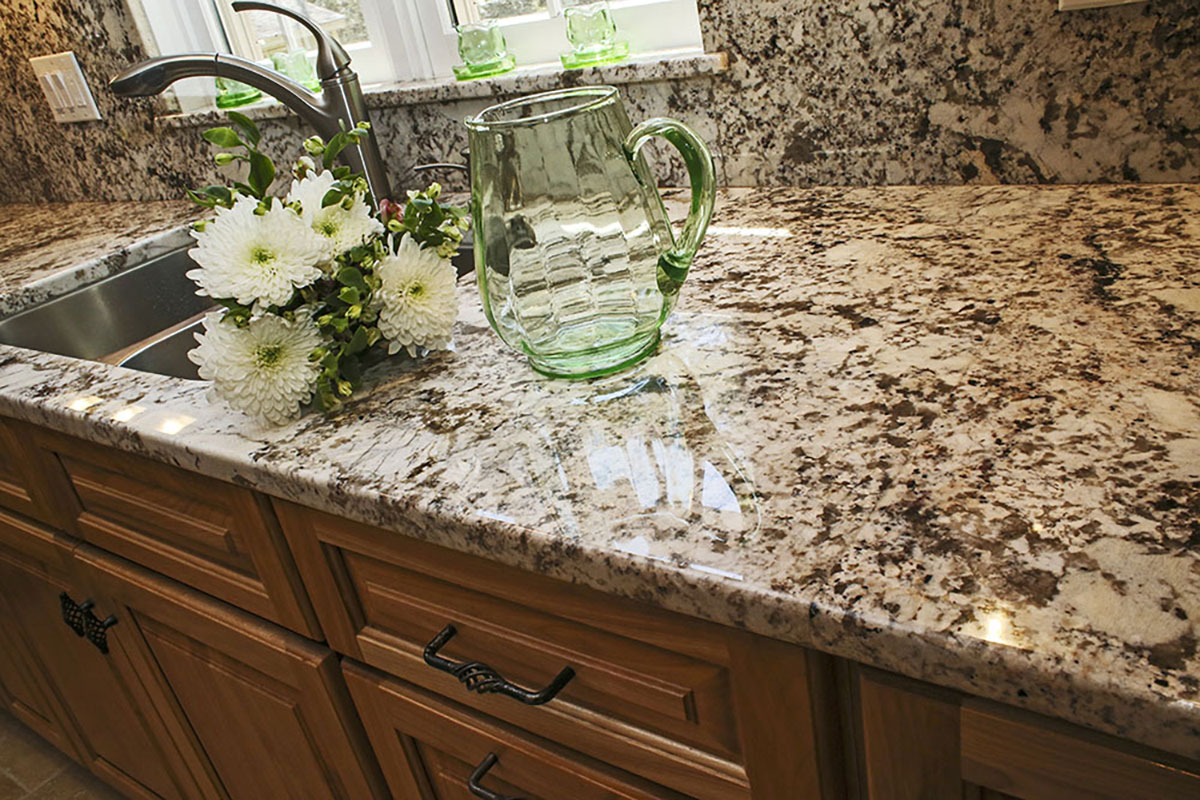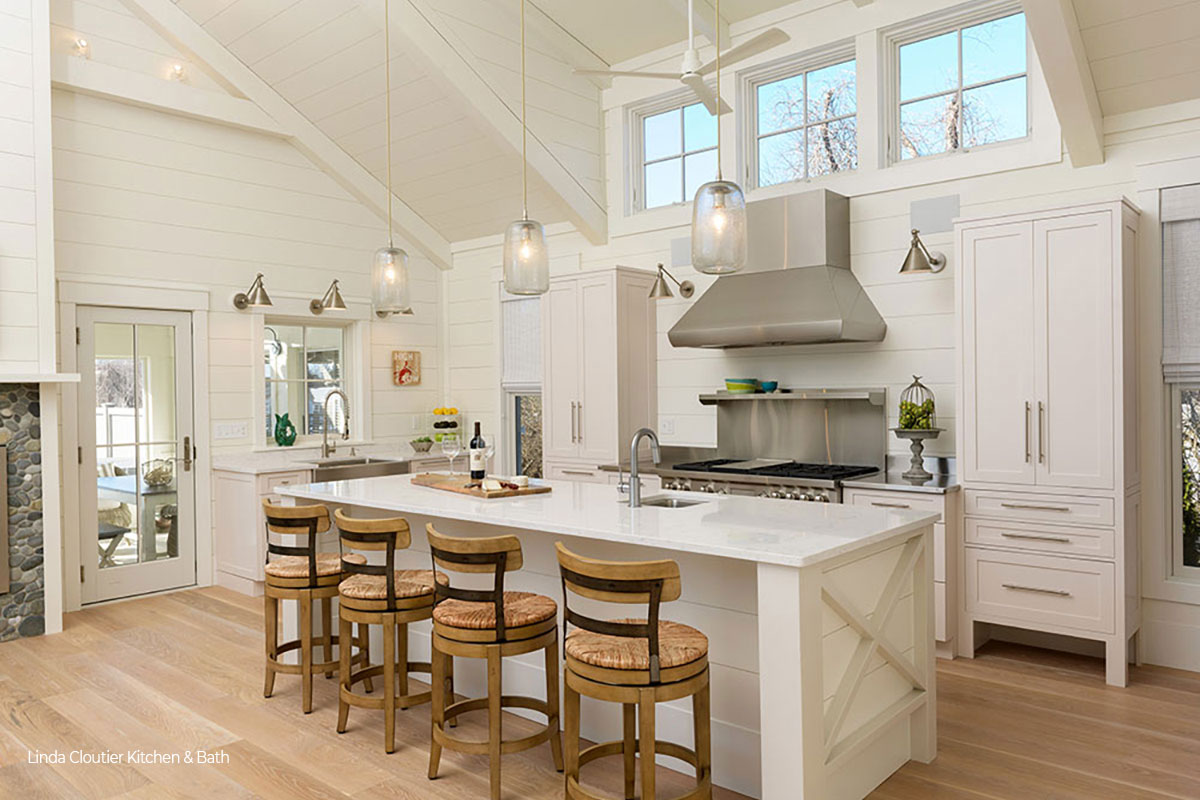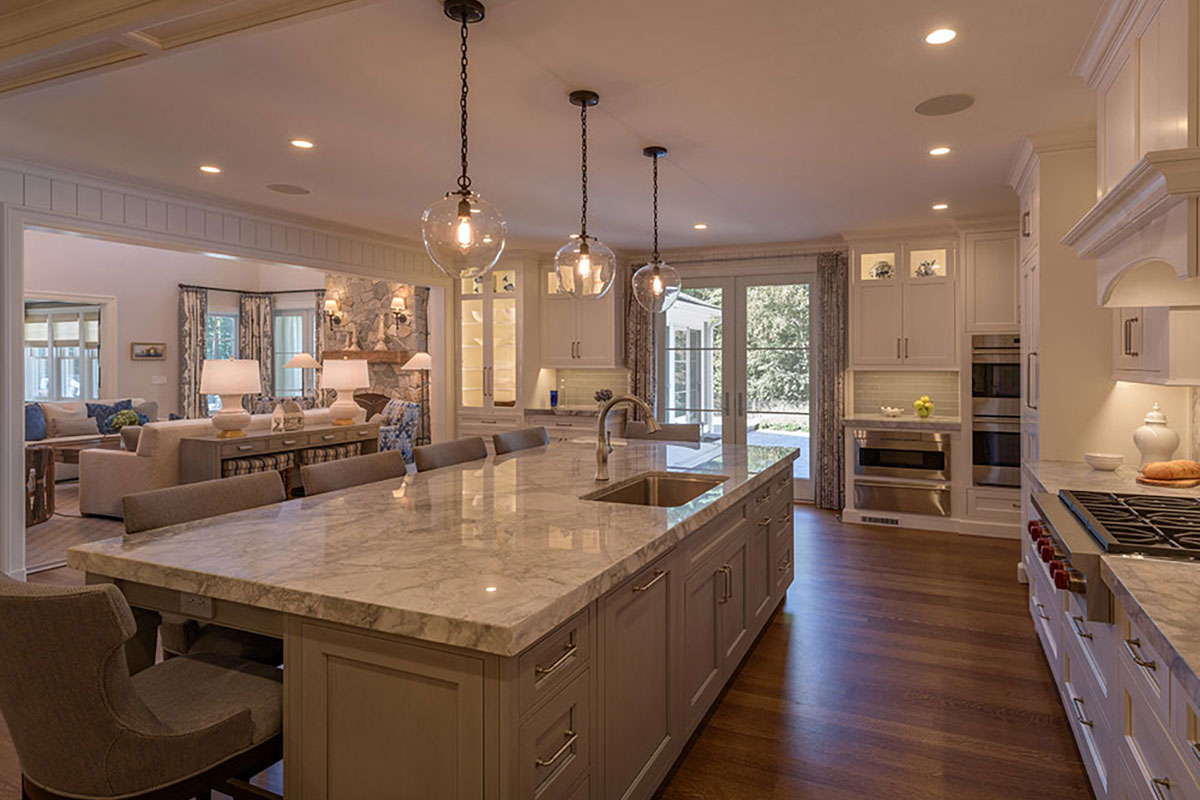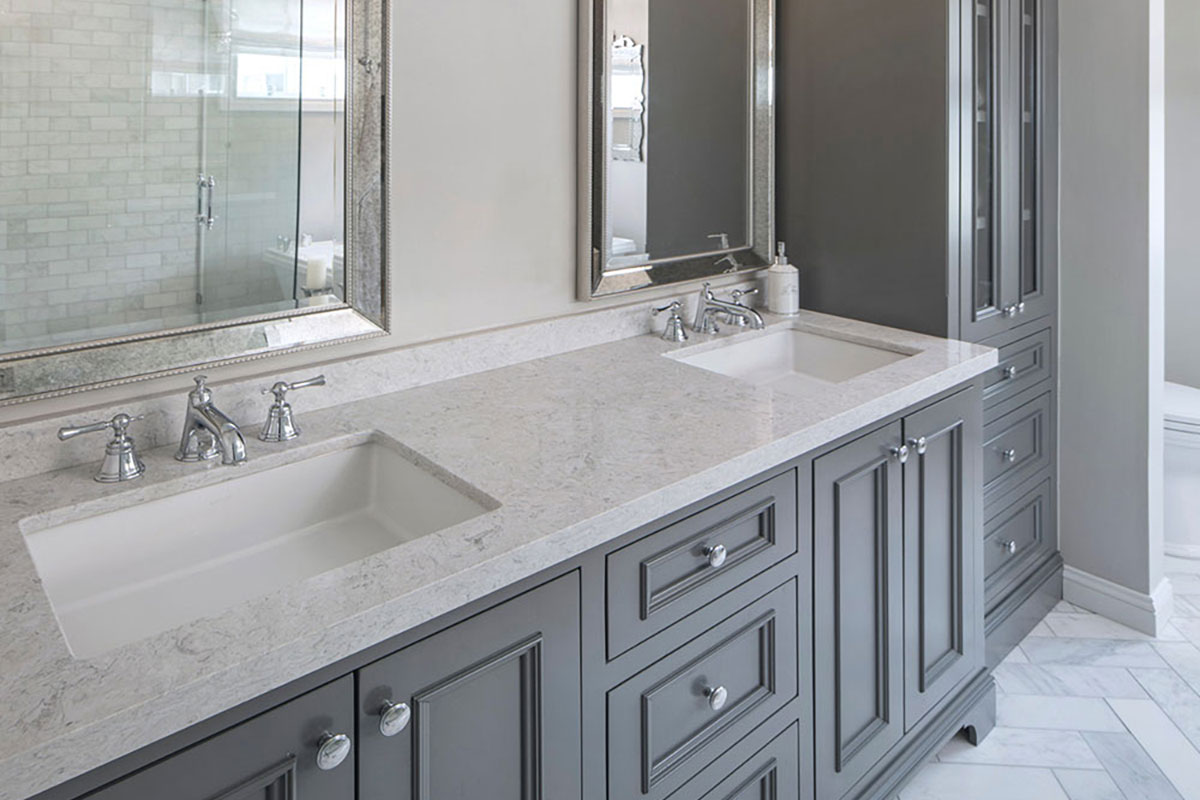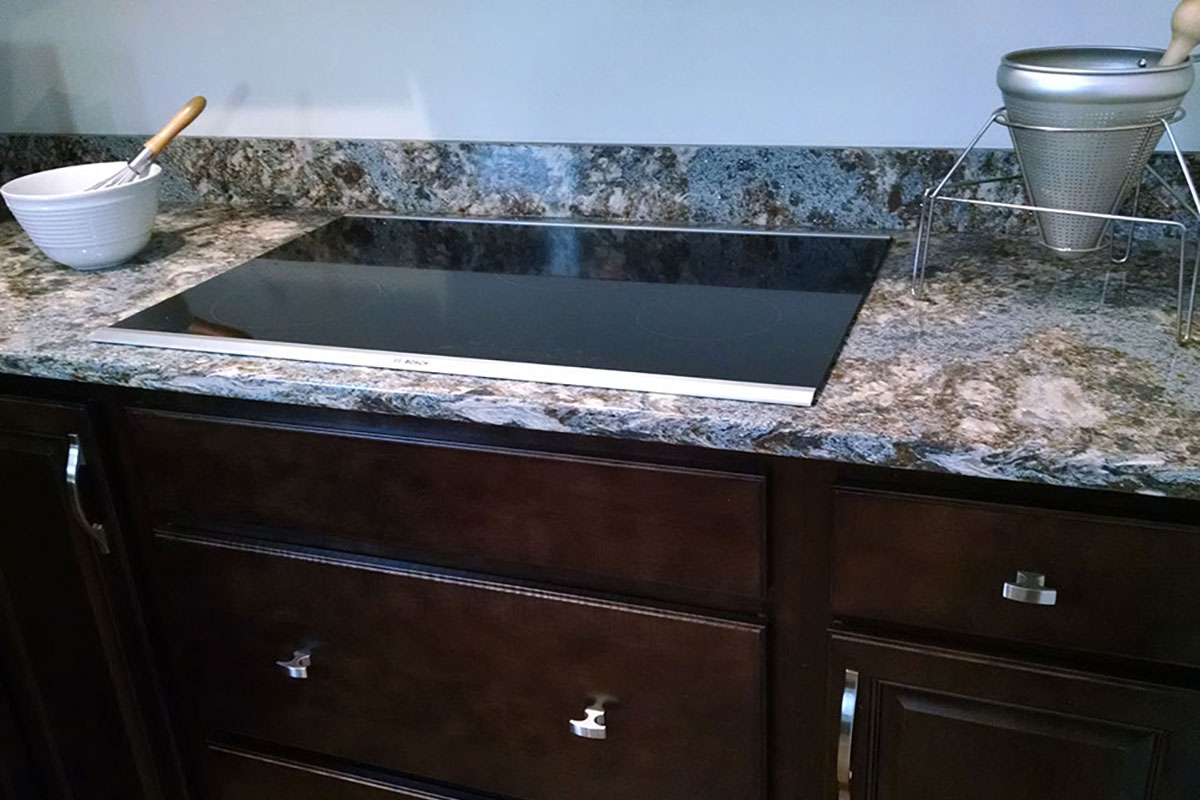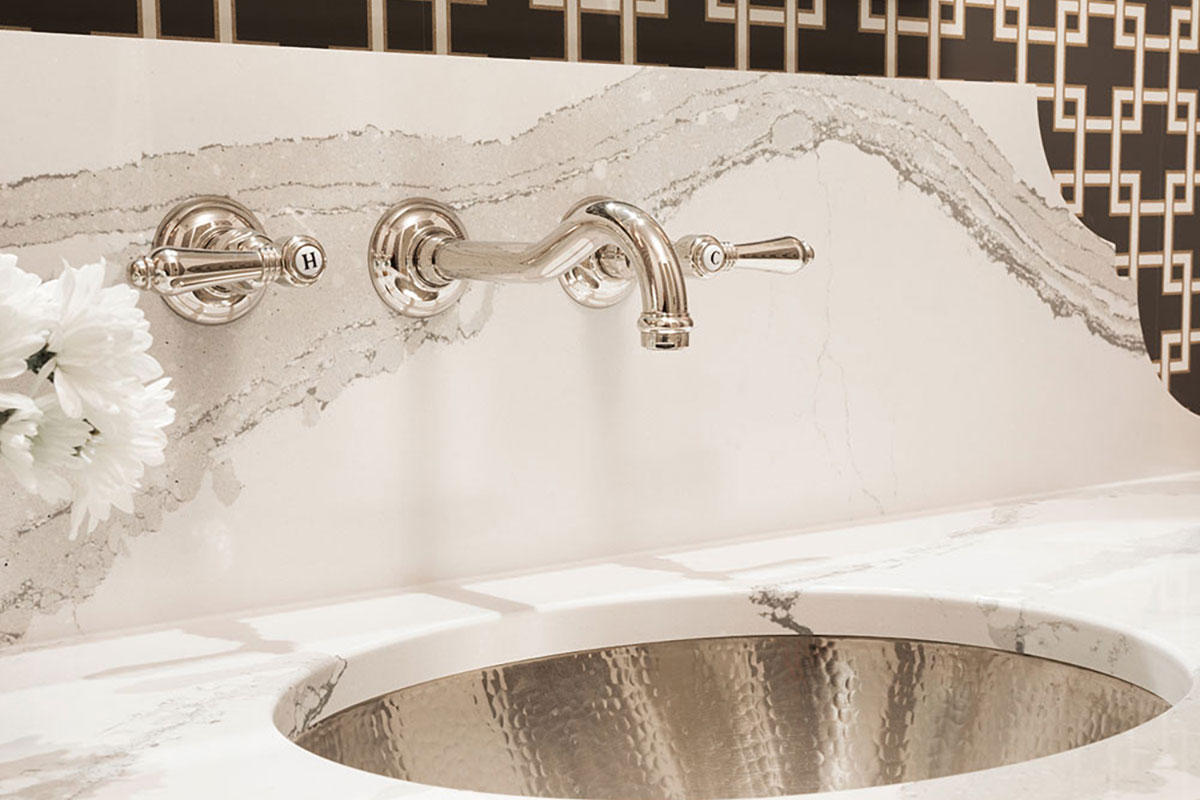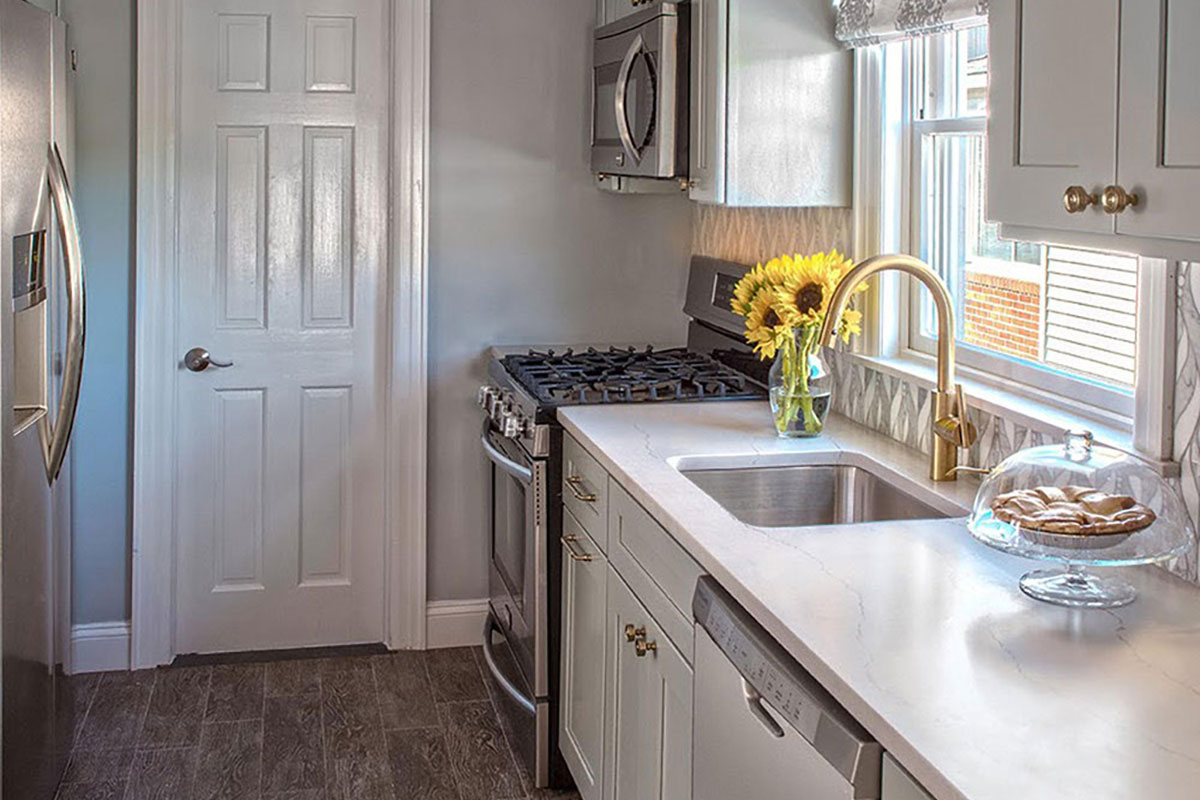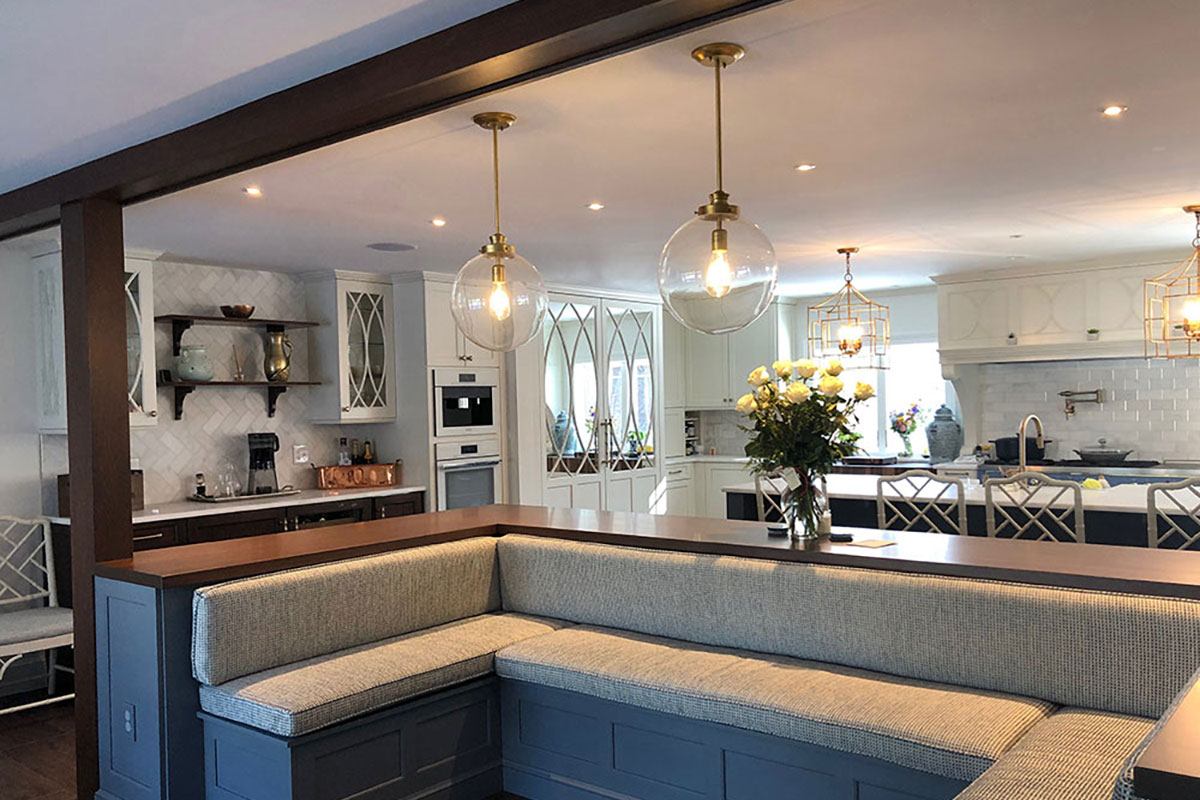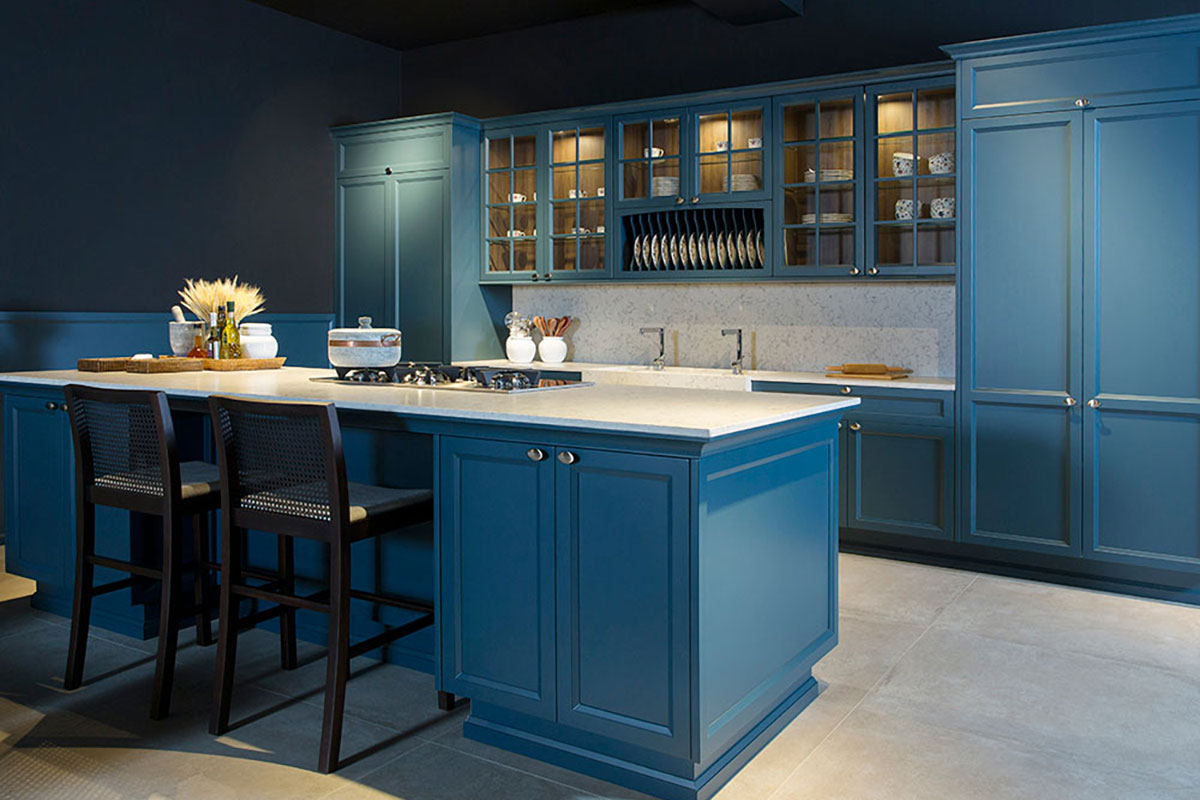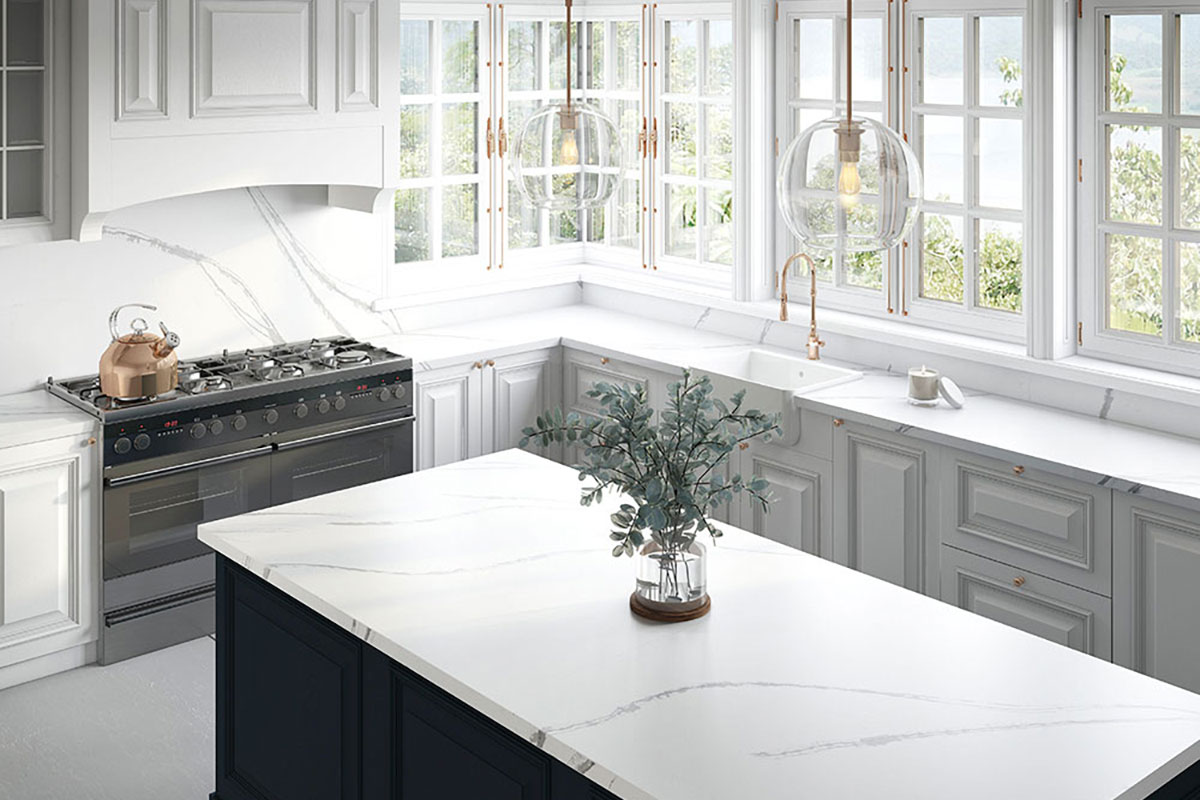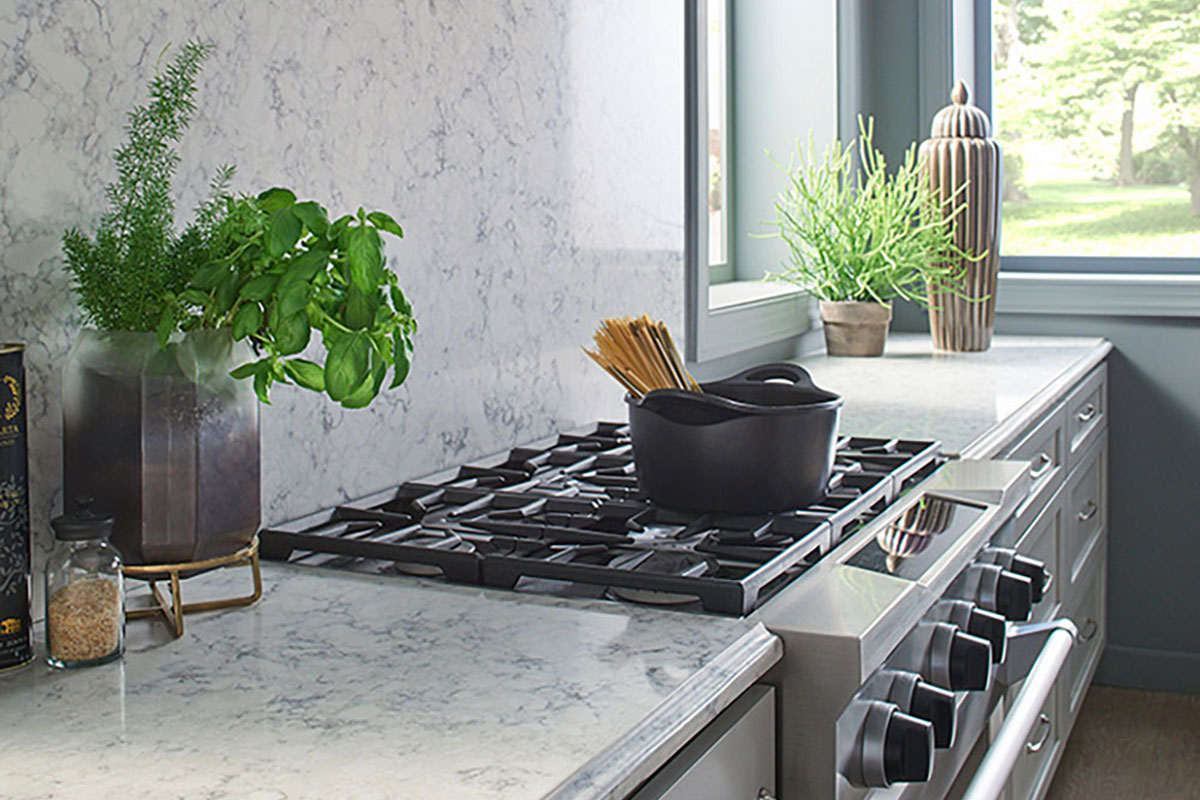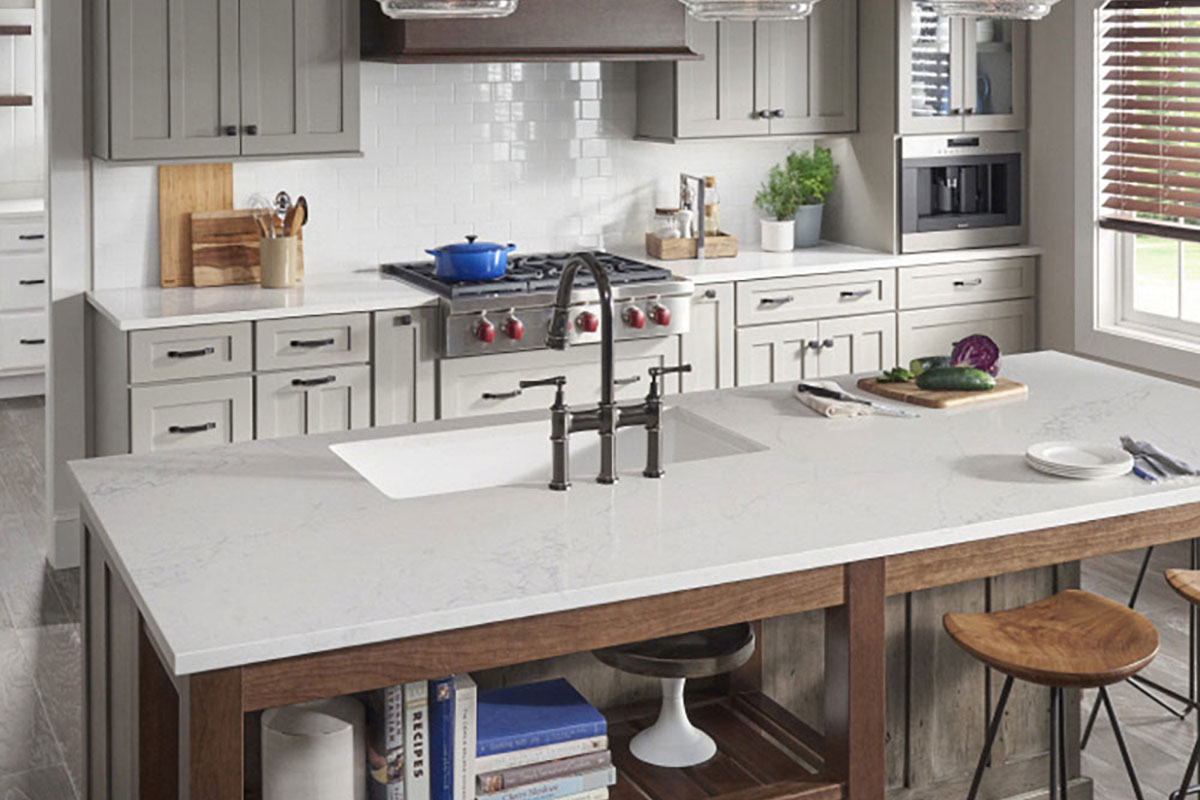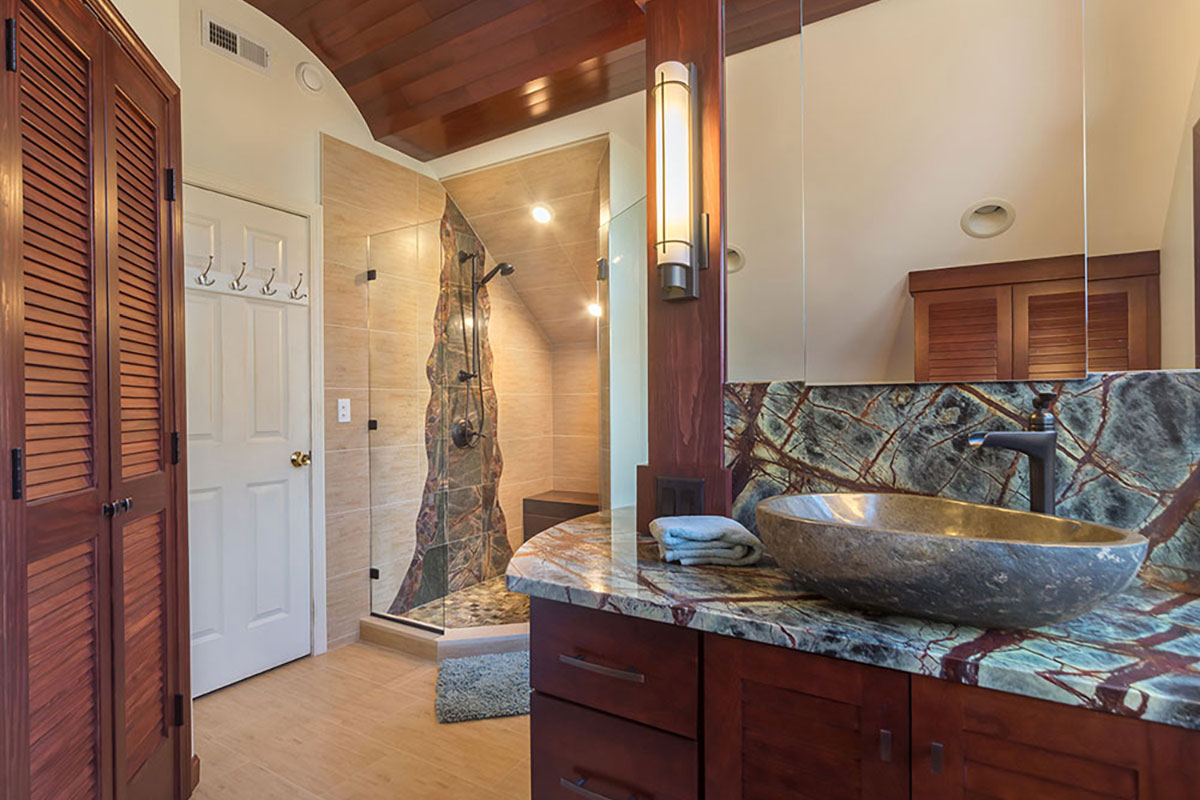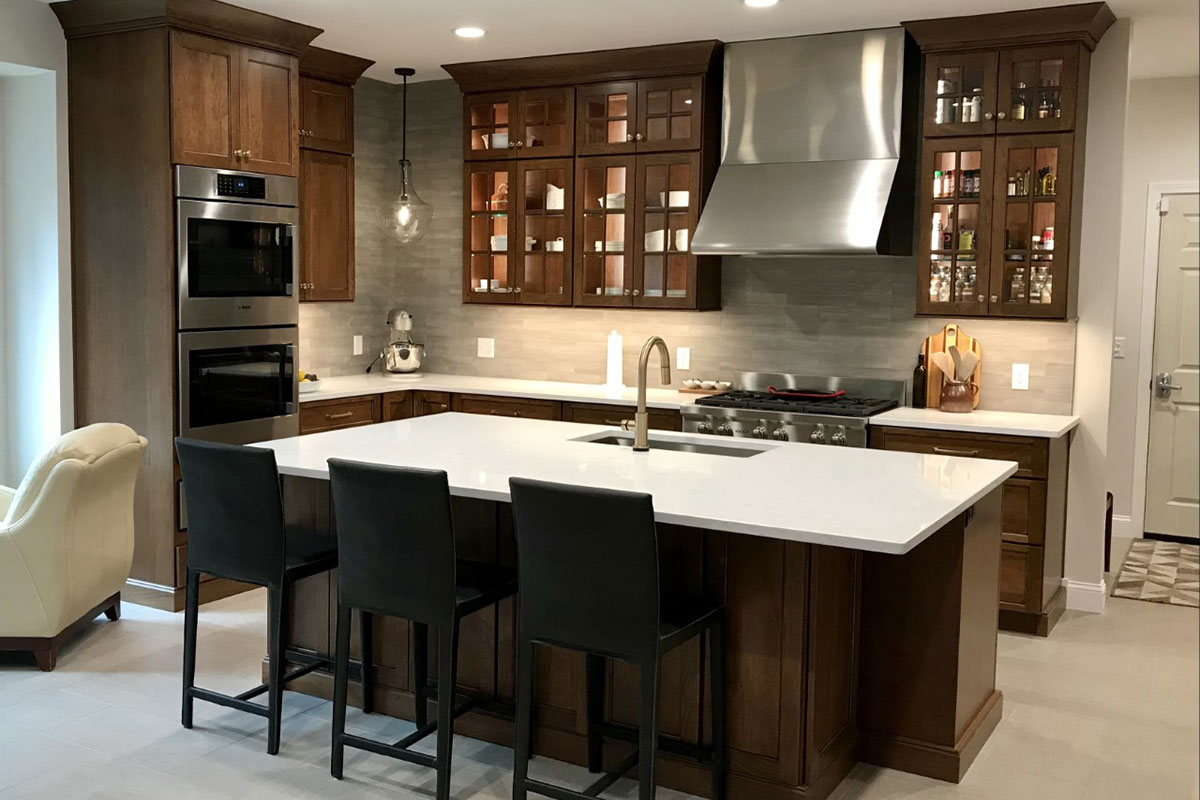
What You Need to Know About Soapstone Countertops: A Simple Guide
What Is Soapstone? 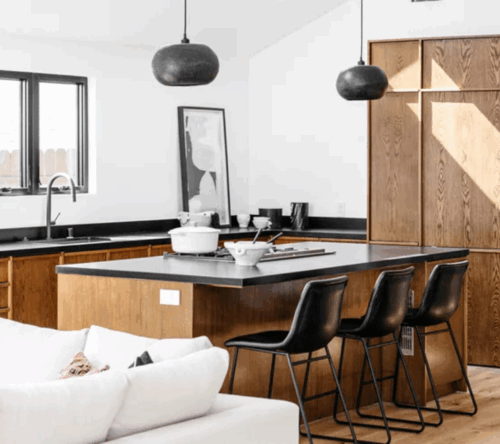
Soapstone is a type of natural stone that’s been around for thousands of years. It’s formed deep inside the earth when certain rocks get squeezed really hard over a long time. This process changes the rock into a smooth, soft-feeling stone that’s often gray, bluish, or even a bit greenish, sometimes with white streaks or veins.
People have used soapstone for carving sculptures and making kitchen tools for centuries because of its unique look and feel. Today, it’s a popular choice for countertops, fireplace surrounds, and sinks.
How Is Soapstone Formed?
It begins as ordinary rock rich in quartz (the same stuff in sand), but under intense heat and pressure beneath the earth’s surface, it transforms. The main ingredient in soapstone is a mineral called talc — this is what gives this gorgeous rock its soft, almost soapy texture. It also includes other minerals like magnesite and dolomite, which add a bit more strength.
Because of how it forms, soapstone is very dense and smooth, which helps it resist stains and damage.
Countertop Expectations
Here’s what you can expect if you choose soapstone for your countertops:
- Soft but Strong: This soft stone is softer than granite or quartz, so it can scratch or dent a bit easier. But the good news? Scratches aren’t the end of the world — they can usually be sanded out with some simple care.
- Heat Resistant: You can put hot pots and pans right on soapstone without worrying about burns or cracks. It can handle temperatures up to around 2,000°F!
- Stain Resistant: This natural stone doesn’t absorb liquids easily, so it won’t stain like some other stones might. It’s very sanitary for cooking spaces because bacteria won’t easily hide in it.
- Non-Reactive: It won’t react with acidic foods like lemon juice or vinegar, so you don’t have to worry about discoloration or damage from everyday kitchen use.
- Unique Look: Each slab of soapstone is one of a kind, with natural color variations and veining that make your countertop truly special.
- Safe and Natural: Soapstone is non-toxic and safe for food prep. It’s also fire-resistant, so it won’t catch fire if exposed to flames or heat.
A Few Things to Keep in Mind
Because this metamorphic stone is softer, it’s a good idea to avoid super sharp objects dragging across it. Also, it’s common practice for it to be treated with mineral oil to deepen its rich color and give it a smooth finish. Speak to your fabricator for info on your specific countertop.
Is Soapstone Right for You?
If you want a natural, beautiful stone that’s easy to maintain and can handle heat and everyday use, soapstone might be a great fit. It’s perfect for homeowners who appreciate unique, timeless materials with a soft, warm feel under their hands.
Ready to explore more? Reach out to Rumford Stone or your local stone supplier or fabricator to see samples and find out how soapstone can work in your home! Thank you The Spruce for your insight and images!





